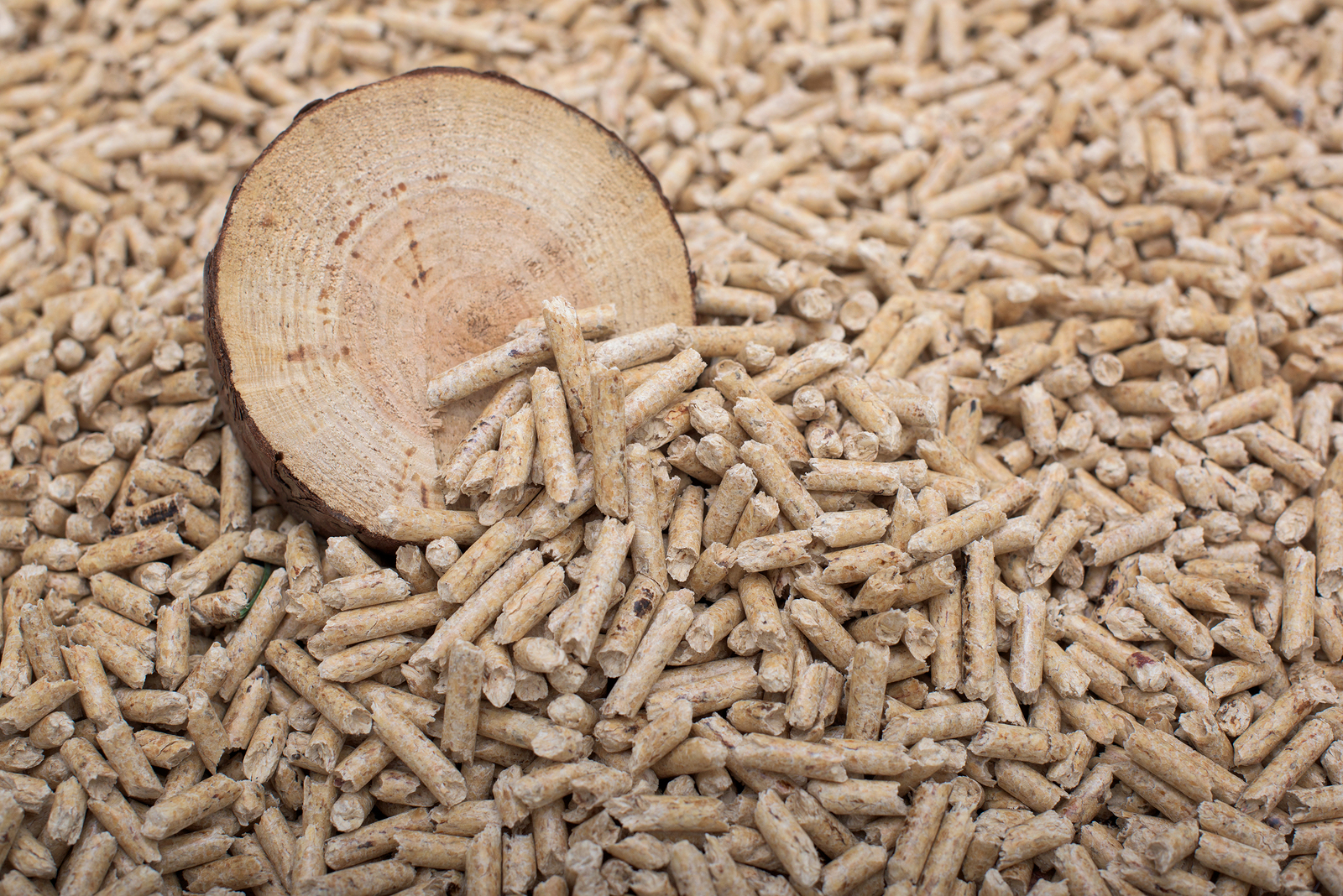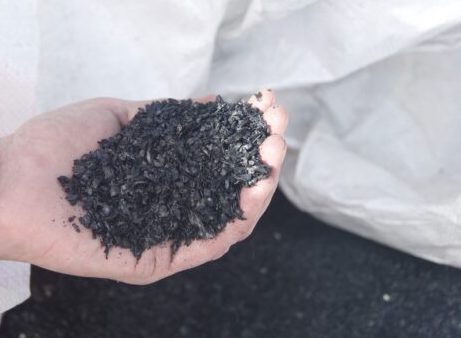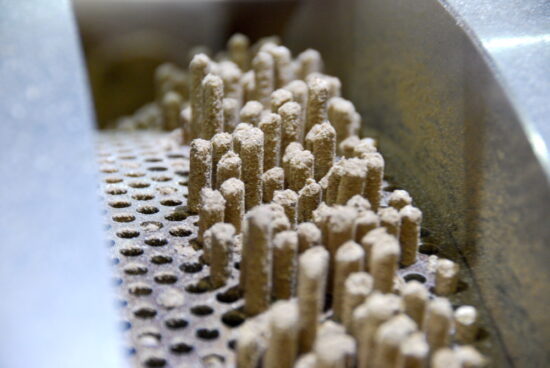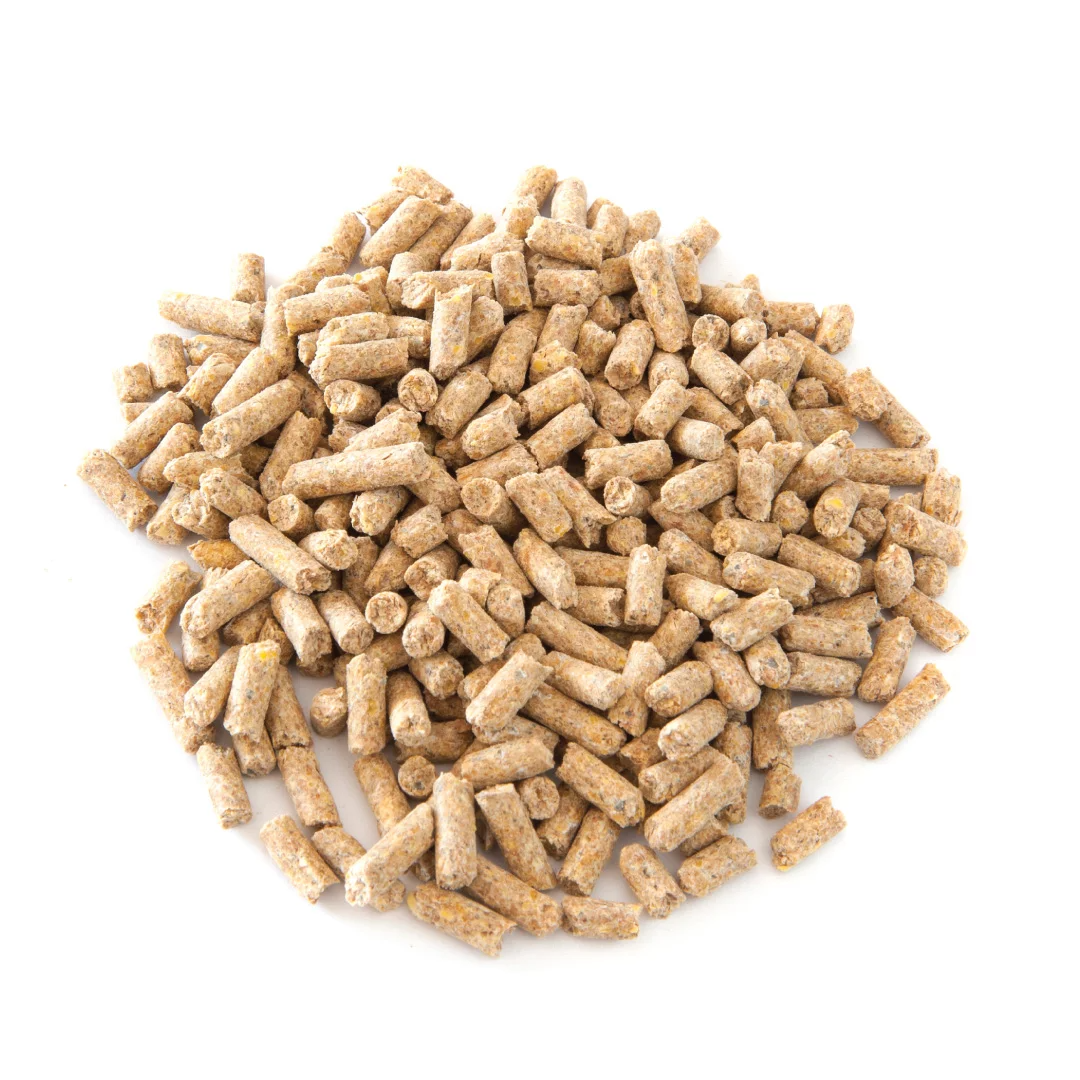
Why Our Choice
MAJOR ADVANTAGES AT A GLANCE:
Biomass heating has emerged as a sustainable solution, driven by a growing awareness of environmental concerns and the quest for renewable energy sources. This eco-friendly heating method harnesses the power of organic materials, offering reduced greenhouse gas emissions, energy independence, and waste utilization.
we explore the compelling reasons why individuals and businesses are increasingly turning to biomass heating for a greener and more sustainable approach to warmth.”

Renewable Energy Source

Environmental Benefits

Reduced Greenhouse Emissions

Cost-Effectiveness
Quality Products Standards
High Quality Biomasse Products
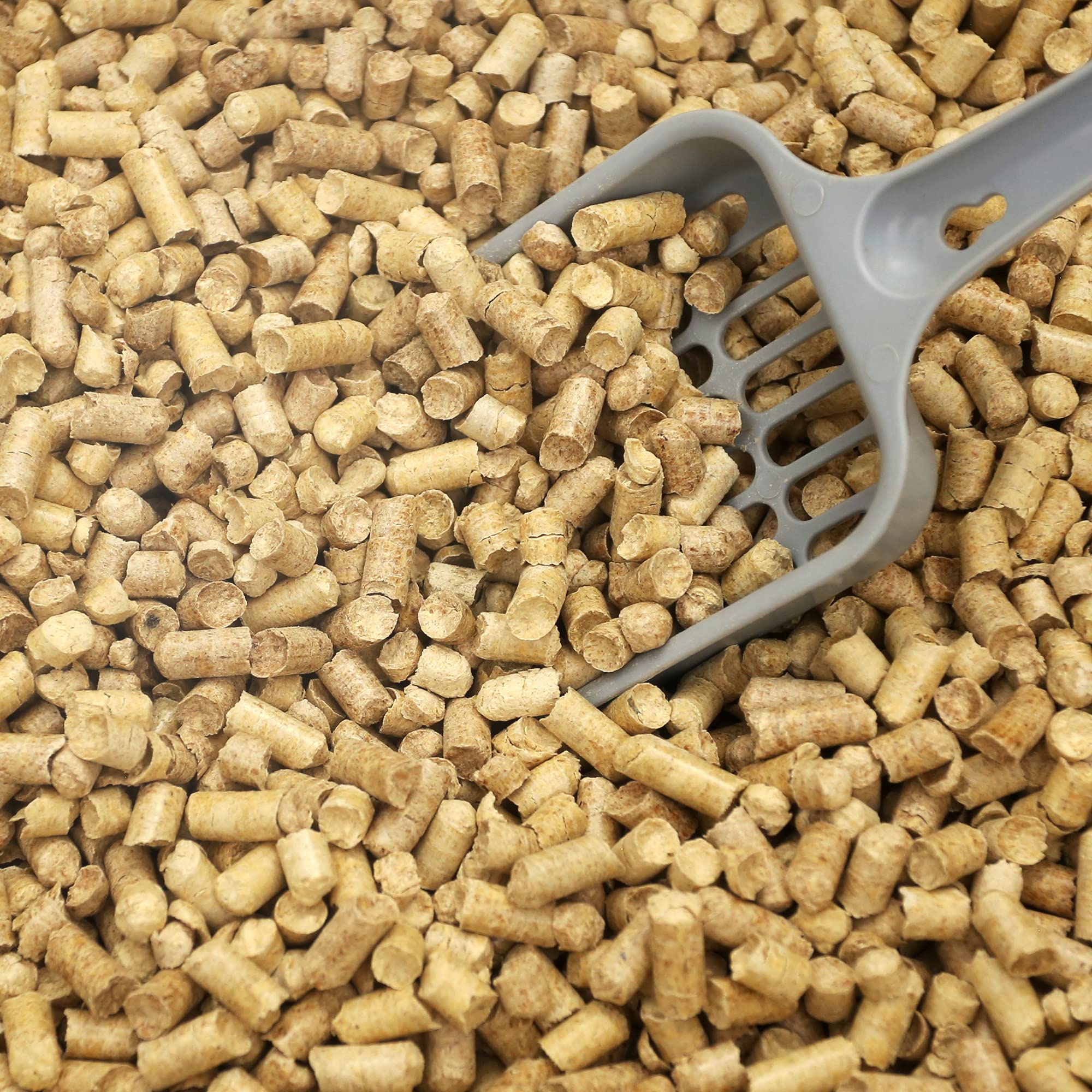
Multipurpose wood pellets
These versatile pellets are often produced using high-quality wood biomass and may undergo specific processing to meet the requirements of different applications like animal Bedding and cat litter.
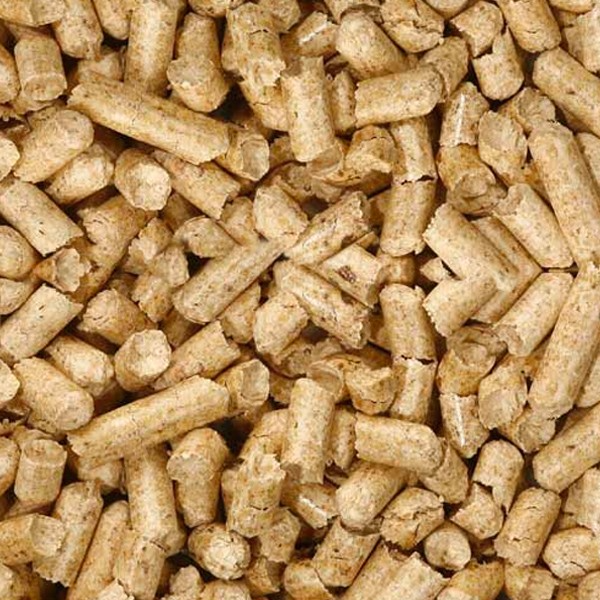
Hardwood Pellets
Hardwood pellets are a type of wood pellet made specifically from hardwoods, which are denser and typically produce a longer listing heat output than softwoods. offering 8700 BTUs/lbs of sustainable energy.
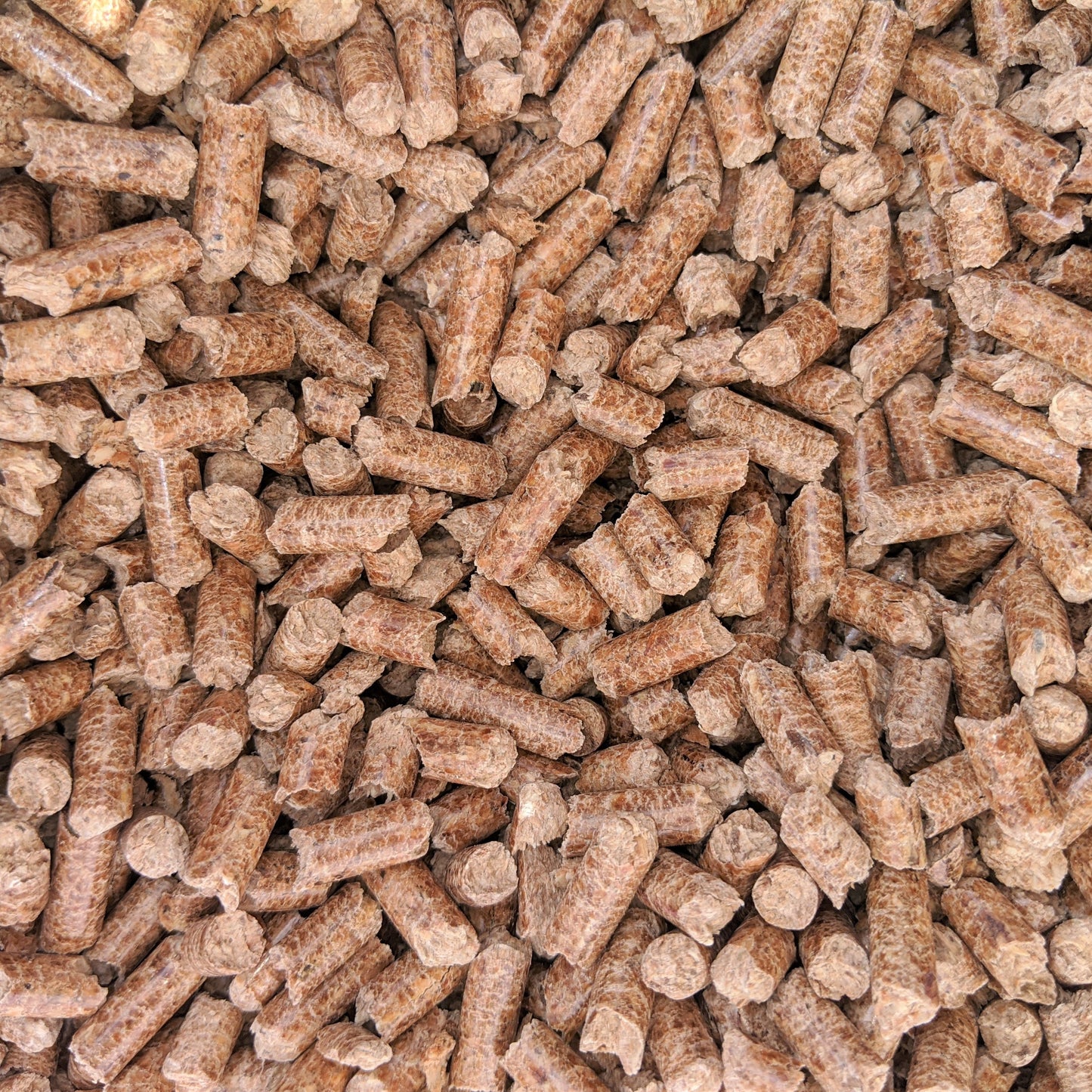
Softwood Pellets
Softwood pellets offer higher heat output, lower ash content, and faster ignition compared to hardwood pellets. They are cost-effective, sourced sustainably, and ideal for pellet stoves and boilers.
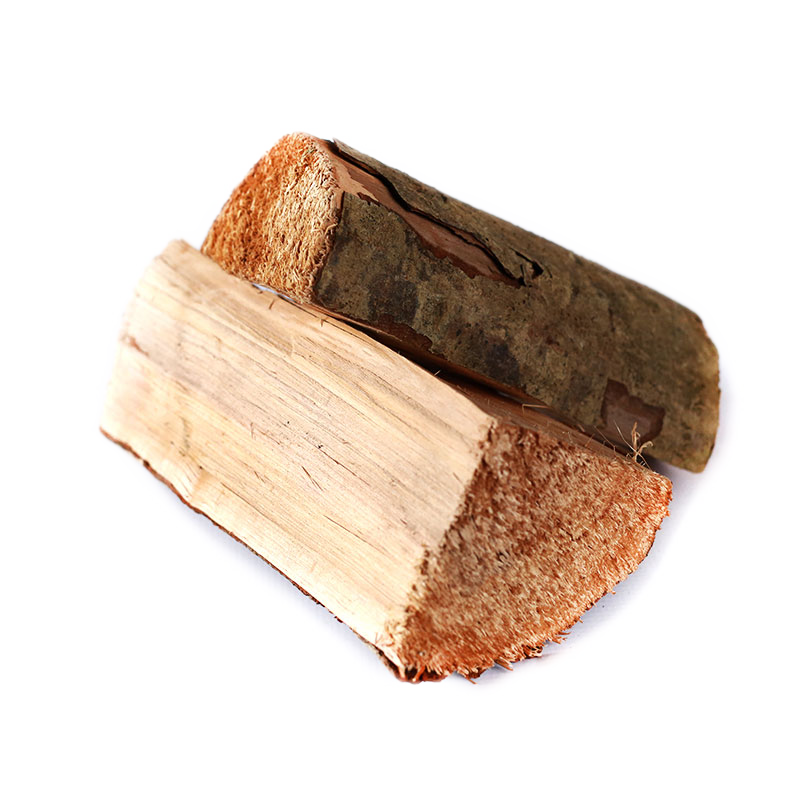
Heating with wood logs
Discover the affordability, local availability, and sustainability of wood logs, making them the timeless choice for classic fuel.
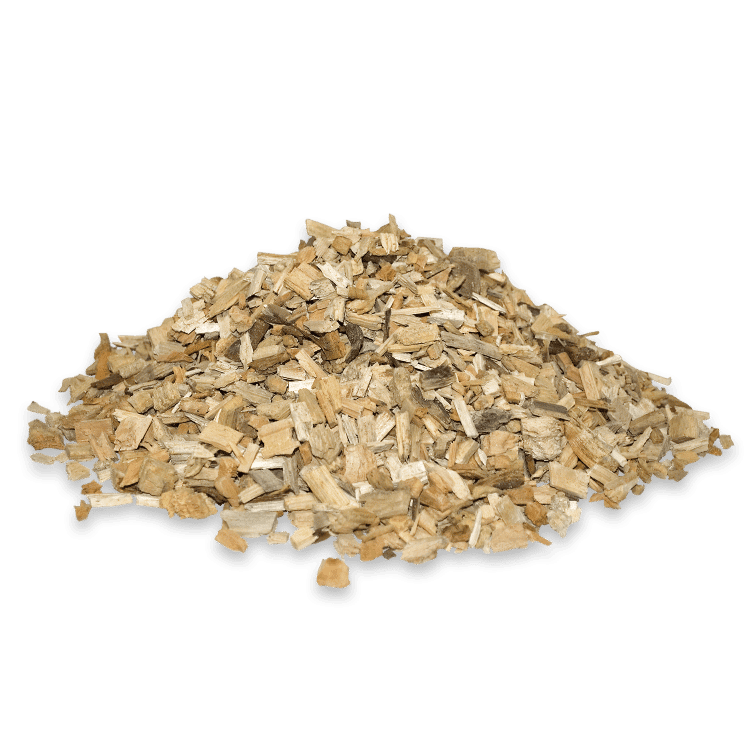
Heating with wood chips
wood chips are considered to be the cheapest form of heating. Only domestic waste wood is used to produce the chips.

Heating with wood
Wood is the only fuel that burns CO₂-neutrally. This is particularly important because CO₂ is considered one of the main causes of the greenhouse effect.
Biomass Wood Pellet Production
Stages Of The Biomass Wood Pellet Production Process Step By Step
01
Material Prep
Select and prepare biomass materials such as wood residues or sawdust with low moisture content and free from contaminants.
02
Grinding
Grind the dried biomass materials into a fine powder. This step increases surface area and facilitates effective pelletization
03
Pelletization
Feed the powder into a pellet mill to undergo high-pressure and heat processes, forming dense cylindrical pellets
04
Screening
Allow the freshly formed pellets to cool to room temperature to enhance their durability. Screen the cooled pellets to remove any fine particles or dust.
05
Packaging
Package the screened biomass wood pellets for distribution, either in bags or bulk containers, making them ready for use in biomass heating systems
RECENT NEWS
Our Latest Case Detail News
-
Non-profit proposes wood to biochar pilot project in Central Kootenay, B.C.
A pilot project to utilize biochar technology in a regional context and help the agricultural industry is being put forward by Wildsight. The Fire to Food project would be a circular economy pilot to produce biochar – a specific type of charcoal that is made by pyrolysis, which is when an organic matter like wood…
-
2023 wood pellet markets outlook
A look at the challenges and opportunities ahead for wood pellet markets in 2023. The wood pellet sector is facing two critical challenges this year: the impact of inflation on the pellet fuel supply chain, and the impacts of the Russian invasion of Ukraine on global supply and demand. While this article focuses on economic…



